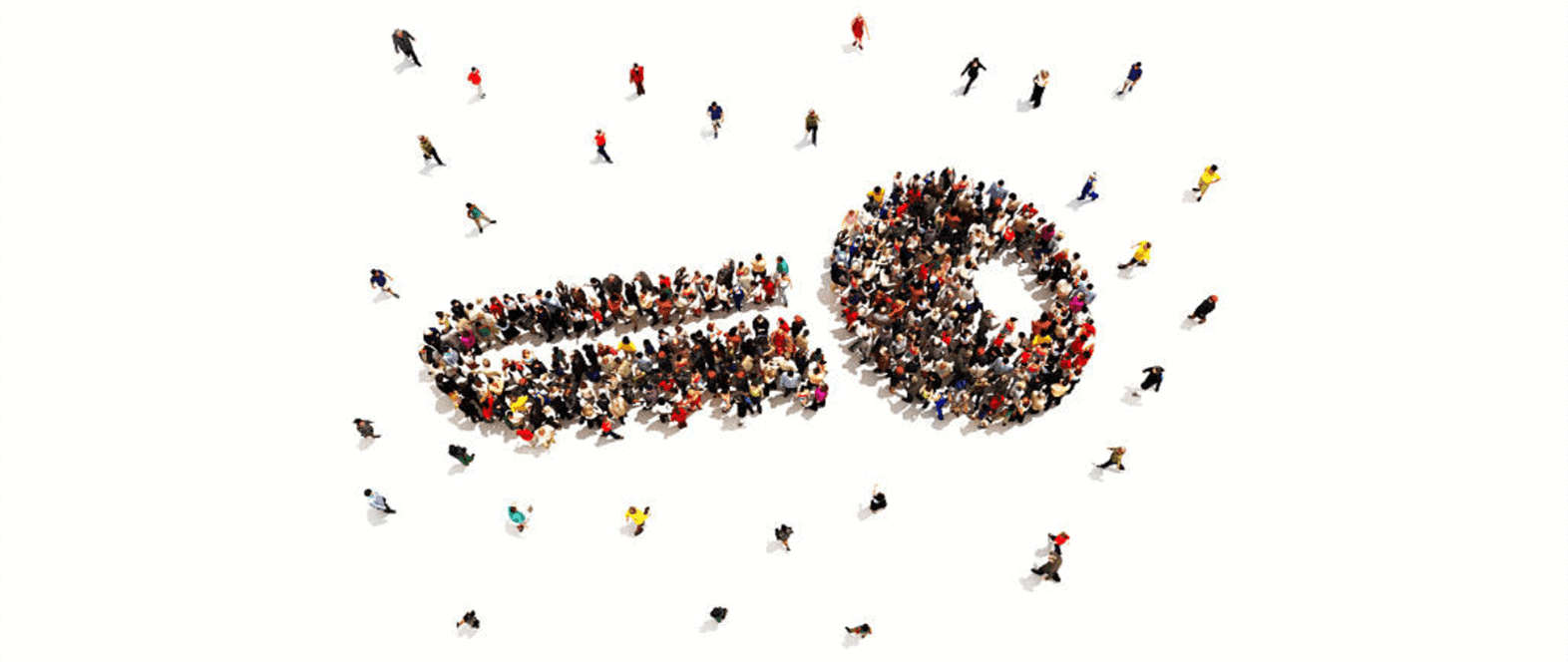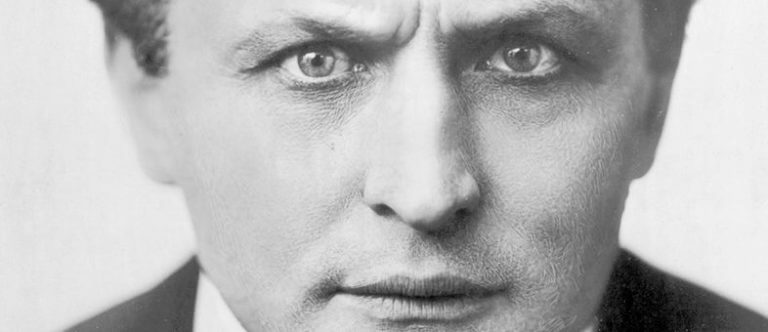How Groups Think, and Why It Matters
As a mentalist, I’m typically onstage in front of a group that ranges in size from 15 individuals to 18,000. While the sizes of the groups have varied, their dynamics for the most part have not. In fact, most groups have immutable characteristics that we can capitalize on (and defend ourselves against). The same characteristics can be found in friends, coworkers, city councils, and juries.
I’m talking about The Wisdom of Crowds, as well as the aptly named Groupthink.
The Wisdom of Crowds
The Wisdom of Crowds was a term coined by James Surowiecki in 2004. His similarly titled book begins with James recounting a phenomenon where the crowd at a county fair accurately determined the weight of an ox by averaging the group’s individual guesses. Oddly, this result worked even though many of the original guesses were wildly off. So what does this mean? It means that groups, when working together and leveraging each other’s knowledge, can achieve results not as easily obtained individually. It also means that if your child has a jellybean counting contest at school, they should average the guesses of all their friends around them! See, the average isn’t always wrong. In fact, it’s often right! And that’s why we should teach our children to just be . . . average. 🙂
For this idea to hold merit, James gives 4 pillars that each group of people must stand on:
- Diversity of opinion amongst individuals.
- Independence, that each person’s opinion is their own.
- Decentralization, that people can draw on their own knowledge.
- Aggregation, that the ideas can somehow be merged into a communal decision.
Unfortunately, it doesn’t always work out that way.
Groupthink
When the above ideals aren’t met, The Wisdom of Crowds theory self destructs and we are left with a “black hole” so to speak, a vacuum of irrationality that yields inferior results. This is called Groupthink, named by William H. Whyte in 1952 and derived from George Orwell’s dystopian novel 1984. When members of a group don’t stand for their own ideals because they would rather have the group’s support (when they seek agreement rather than meaningful solutions), we wind up with the bulk of the group giving way to a few key leaders, or “thought leaders.”
In the past, it was often thought that that The Wisdom of Crowds only held true if people didn’t talk to each other, but the University of Pennsylvania’s Damon Centola recently proved that this isn’t true. In fact, groups who communicate with each other can achieve incredible results, as long all members hold equal weight. When “thought leaders” take over the decisions, it is “more likely to lead the group astray than improve it” (Centola).
As a Mentalist
Knowing the similarities and subtle differences between these modes of thinking creates incredible opportunities onstage. In any given room, I know that I can predict with reasonable accuracy the average behavior of the audience at large. By meeting the personalities in the lobby before the show, or during the cocktail reception, I can often gauge the overall makeup of the group. And by flipping that thought on its head to create groupthink, I know that establishing rapport with a few key individuals in each audience (the thought leaders) will relax the rest of my guests, making the job much easier since people have let their guard down.
In The Office
Follow the lead of companies like Square, who hold weekly “Town Square” meetings where employees are encouraged to speak up about anything that may be on their minds. Give all individuals the chances to have their voices heard, rather than relying on the opinions of a select few. Of course, that doesn’t mean that you shouldn’t know the strengths and weaknesses of every employee (famed hedge fund manager Ray Dalio even had statistical performance and personality “trading cards” made of each employee) — it just means that you should at least recognize and listen to each individual voice.
In Your Personal Life
We’ve all been in situations where things don’t work out exactly the way we wished. Our friends decide to go to a different movie than us, or a different bar, or even just have a different opinion. While our first reaction is almost always defense, it might make sense to realize that the group may be creating a better decision that we would individually. And conversely, if one or two leaders in your friends always makes the decision, it might be time to voice your opinion in a kind way.
Kevin Viner
I’m a professional mentalist who travels the world performing. Beyond my profession, my interests include writing music, guitar, aviation, martial arts, and mathematics.






